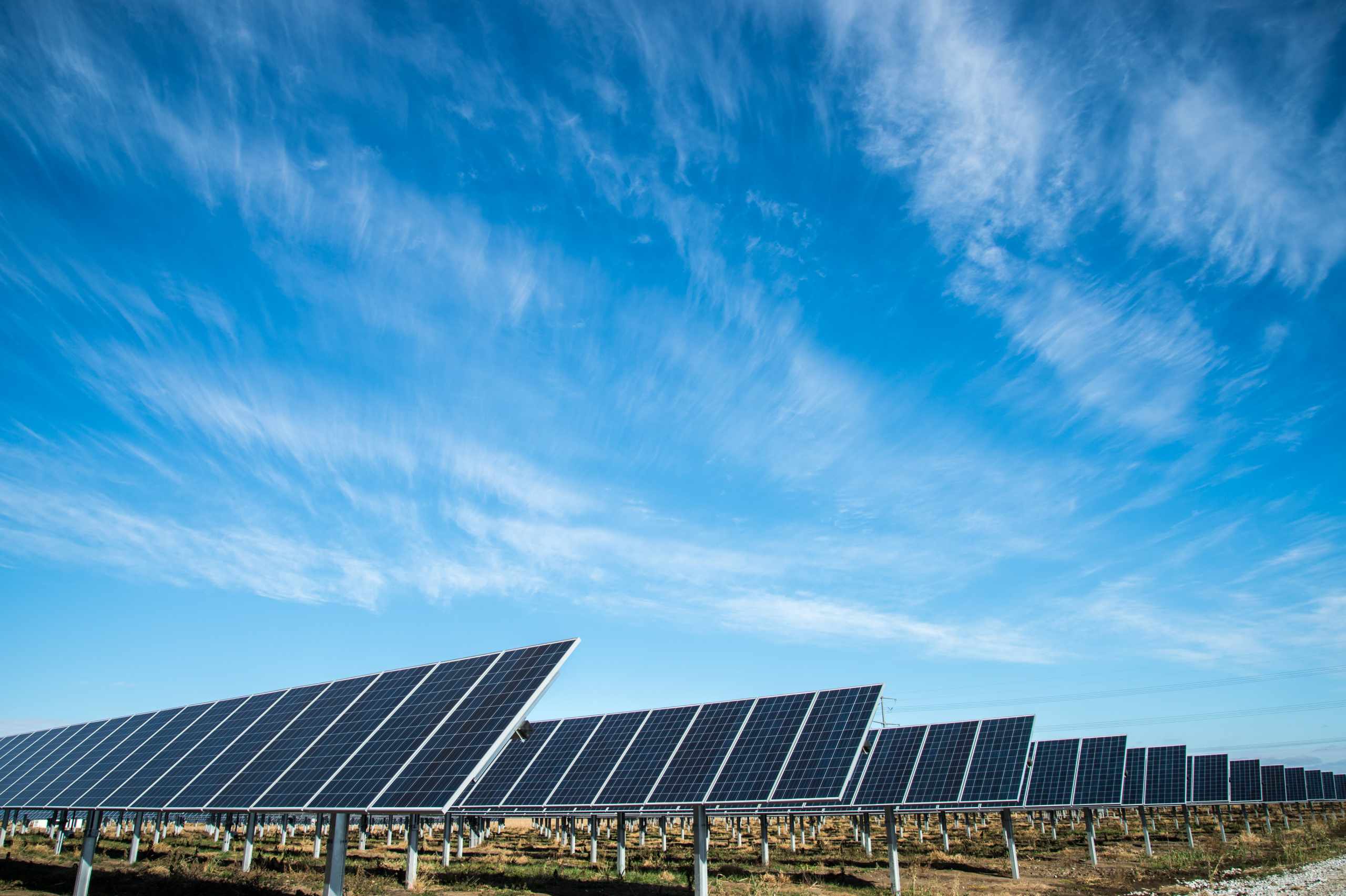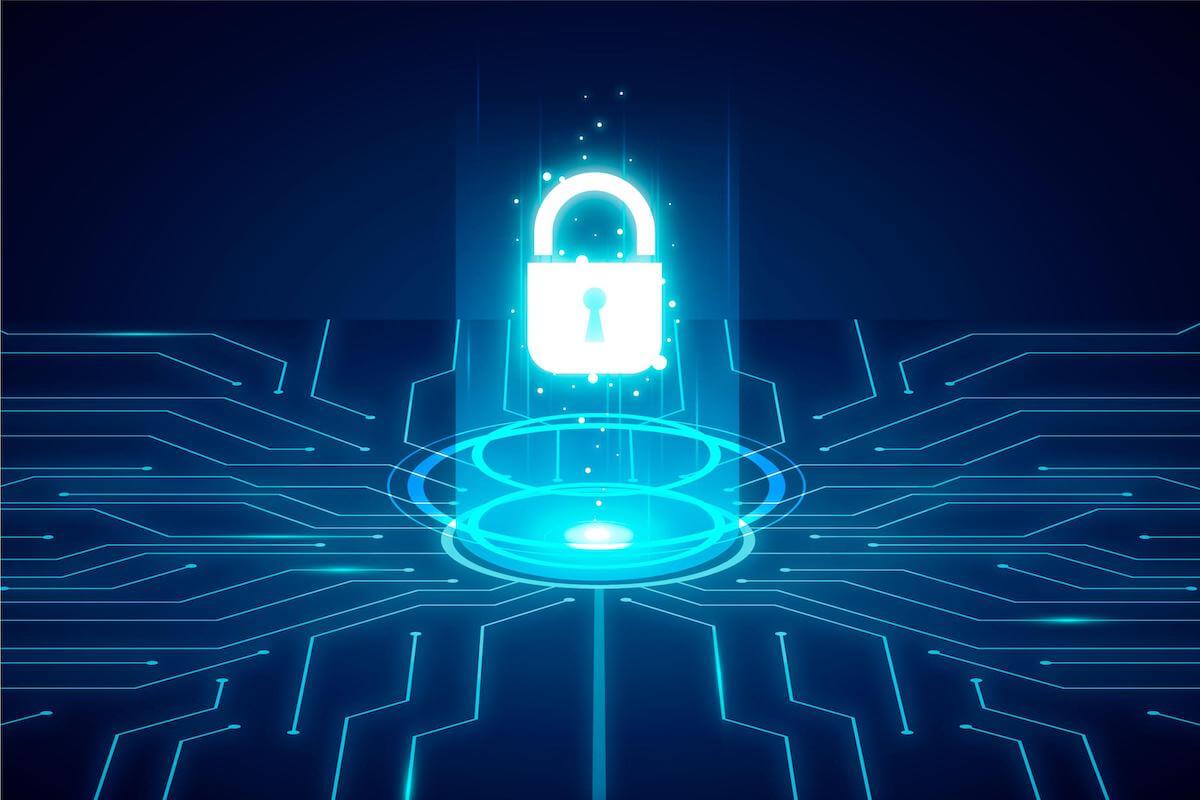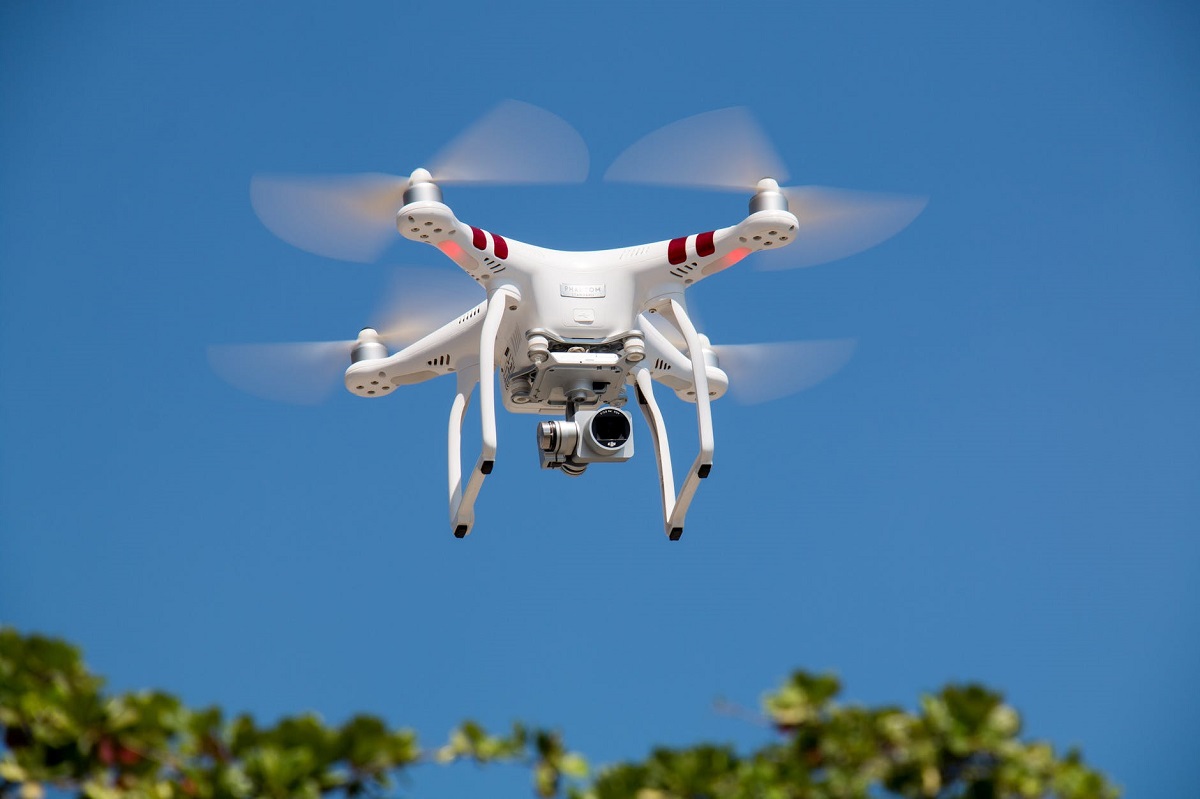By now, most people are familiar with what solar panels look like; they usually appear as large, dark grids on the roofs of buildings although, where there is enough room, they can also stand on their own. Smaller models also exist, like the ones found on some radar speed signs at the sides of roads. How solar panels work and what the benefits and drawbacks of solar energy to using them may be, however, is a fact that is less well-known.
Table of Contents
What are solar panels and how do they work?
In short, solar panels capture the sun’s rays via silicone cells found on their surfaces. They then transform this light energy using semiconductor “wafers” made from two silicon layers, one of which is positively charged, and the other of which is negatively charged. The resulting electric current is converted into the type of electricity used in most homes and, presto, it’s ready to use in much the same way as energy that the power grid generates.
What are some of the benefits?
Perhaps the most obvious perk to using solar energy is the impact–or lack thereof–upon the environment, but there are actually potential benefits to using solar for the consumer as well.
Reduce Costs in the Long Run
For instance, as a solar panel consumer, you will likely be able to reduce your monthly energy bill. And, with net metering, you may even be able to make money on the energy you give back to the grid during the sunny months.
Low Maintenance
Solar panels don’t take a lot of maintenance. The only thing you would have to worry about is keeping it clean a few times a year to ensure you are getting the most out of it since solar panels are quite durable and usually come with a warranty lasting from 20 to 25 years.
What are some of the drawbacks?
While there are many advantages that come with solar panels, there are some disadvantages.
Expense
One major drawback to solar panels is the expense of acquiring them and having them installed. Although the energy savings the solar panels produce will make up for their initial cost in the long run, this initial cost factor may be a major drawback to investing in solar panels for those for whom finances are tight at the moment. Furthermore, if you want to maximize your solar energy potential, you will need to buy large batteries, which can also be very expensive. The good news on this front is that you can easily check on the cost of solar for your home. According to Unbound Solar, “However, building a grid-tied system eliminates the need for batteries, so most people will rarely need to check in on their system for maintenance or replacements.”
Another potential problem with solar panels is that they require a good amount of space, specifically roof or outdoor space that not all dwellings have. Also, unfortunately, the fabrication and transport of solar panels is responsible for some pollution, negating some, albeit not a large percentage, of their positive contributions in that regard.
Weather
Finally, solar panels can be frustrating, especially if you live in a region that does not get as much sunlight as, say, the equator, because they are weather dependent. Solar panels depend on sunlight to gather solar energy. If you live in a place where it is mostly cloudy or rains, that could have a negative effect on your solar panel system. That is just during the day. Solar energy cannot be collected at night.
Solar panels are, according to many experts, the future. Whether or not you choose to be an early adopter is, ultimately, your prerogative, but, hopefully, the information provided in this article has been of use to you.




